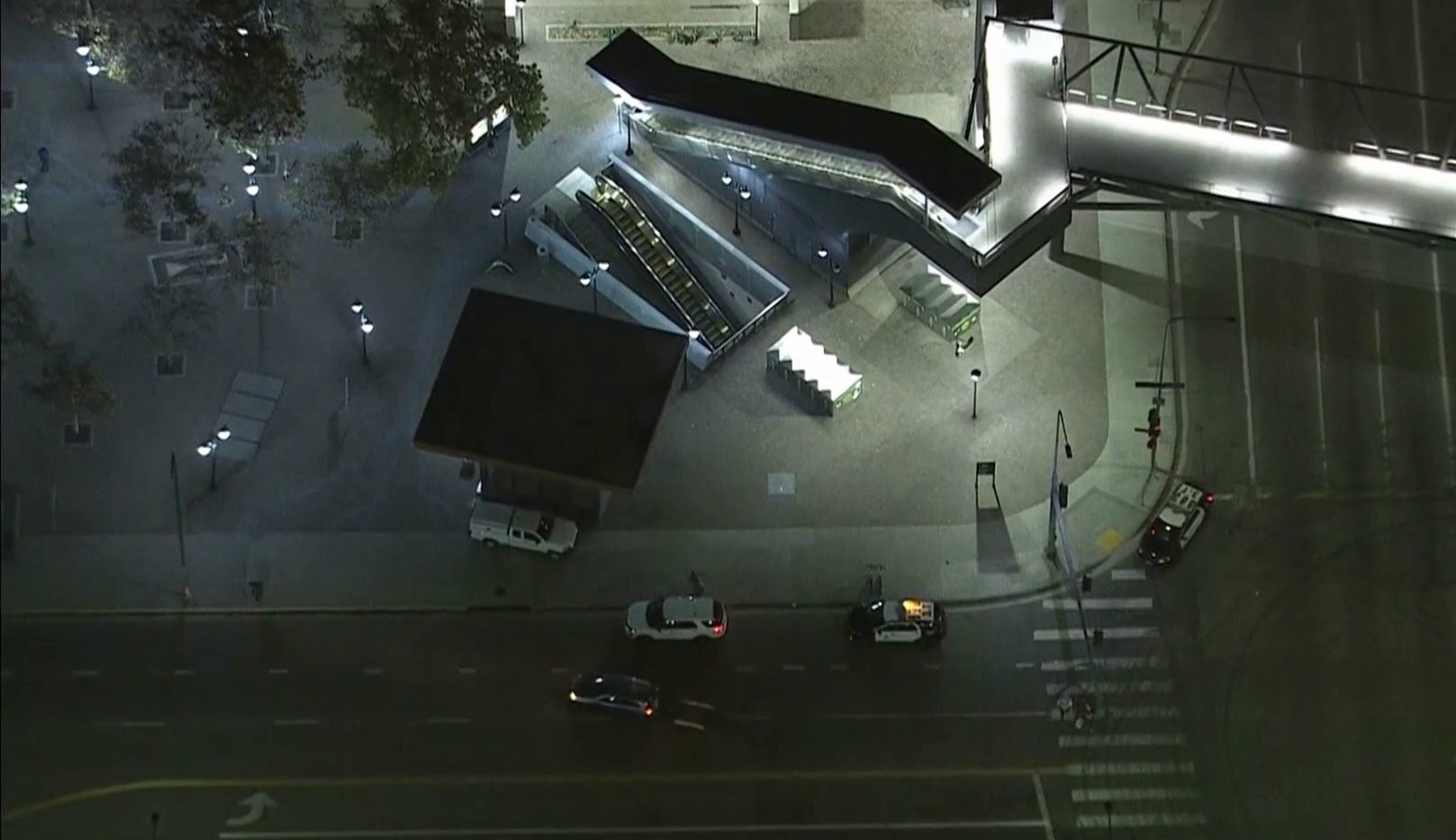As Sheriff Jim McDonnell prepares to step down from his post, a report delivered Tuesday to county officials on the department's $3.3 billion budget makes clear just how complicated a job his successor Alex Villanueva faces.
The report was submitted to the Board of Supervisors by McDonnell, Chief Executive Officer Sachi Hamai and Auditor-Controller John Naimo without comment or discussion. McDonnell was not present at the meeting.
The report forecasts a $101.8 million deficit in employee pay and benefits for the 2018-19 fiscal year, which began July 1, due mostly to workers' compensation, separation pay and retiree health benefits.
The report suggests that shortfall could be cut by more than half -- in part by reducing overtime and also because the slow pace of hiring means the department may spend less on salaries than budgeted. However, overtime for July and August was more than 2 1/2 times the amount budgeted, making cuts seem difficult to achieve.
Those overruns in the first two months of the fiscal year occurred despite a more than 10 percent bump in funding provided by the board in a last round of budget adjustments.
Unfilled jobs are one reason for the excess overtime and county auditors have been conducting a review to determine how many more jobs the department would have to fill in order to do away with mandatory overtime.
About 12 percent of the department's 18,246 budgeted positions remain unfilled as of the end of October, with less than a quarter of the open jobs for sworn positions. But even when those spots are taken into consideration, overtime is outpacing expectations at a rate that would add $66.4 million to the department's annual expenses.
News
Top news of the day
The budget is one of the board's chief points of control over the elected sheriff. The supervisors instituted the semi-annual update in 2017 and have requested details about the use of overtime, the cost of legal settlements and the number of patrols in unincorporated areas versus in cities that contract with the department for law enforcement.
In April, McDonnell told the board the department would end the 2017-18 year short more than $40 million. He ultimately came much closer to a balanced budget, falling short by less than 1 percent.
One way he closed that gap was by using tens of millions of dollars originally budgeted for services and supplies to pay deputies, a reallocation of funds that seems to have occurred in each of the last three years, based on data provided in the report. That means aging equipment and infrastructure hasn't been replaced as planned, an issue highlighted in the report.
Auditors and staffers from the CEO's office are working closely with the department to better match revenues to expenditures and create more transparency around how dollars are actually spent.
One recent change has been to more specifically code overtime hours to better identify needs and uses. Another recommendation is to halve the number of internal budget units to five, a reorganization McDonnell estimated would take until July 2020 to complete.
A list of issues confronting the department include an increasing population of mentally ill inmates, which now amounts to 32 percent of the county jail population, according to the report. The equivalent of one tower of the Twin Towers Correctional Facility has been converted to high observation housing, which requires safety checks every 15 minutes, meaning more staffing, more unfilled jobs and more overtime.



